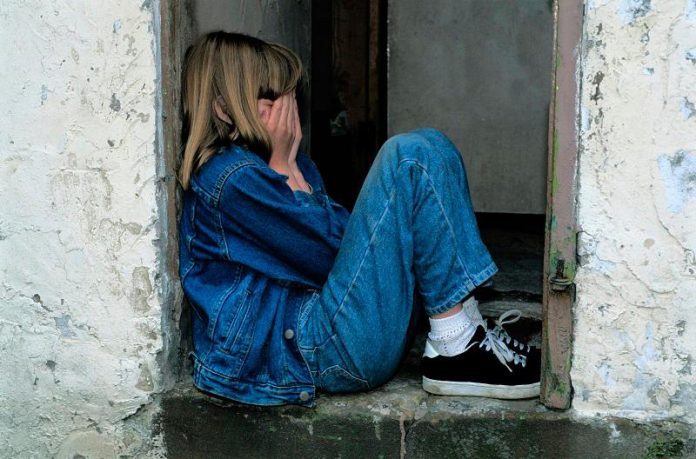THIS morning I watched a skit by Ronny Chieng, a Malaysian-born American comedian. He was joking about how the US needs an Asian president and along with that came anecdotes about how all Asian parents beat their children. It was narrated in jest.
I have heard this “joke” and the dismissive attitude countless times in comedies and conversations with friends and family.
If the topic got slightly serious, I would hear: “Aiyah, we all kena whack what! Rotan, slipper, belt, slap, hanger; you name it, we got it. No big deal-lah!” or “What didn’t kill you made you stronger”.
No, it didn’t physically kill us but it did kill our souls, shatter our psyche and erode our self-belief, self-worth and self-esteem.
As a somatic psychotherapist, I sit with clients of all genders, races and ages – and I listen to their stories of childhood violence.
A 40-year-old woman shared how she was slapped and repeatedly hit whenever she failed an exam. A 28-year-old man recalled being beaten with a snooker stick – so brutally that the stick broke. Another woman, now in her 30s, described how, as a child, she was pinched, had her ears and hair pulled, and her head violently shaken while someone yanked at her hair.
Now they are adults and professional people. Some are parents, spouses, some single; yet here they are, sitting in front of me, crying. Some curled up, sobbing, weeping, their inner child unable to hold back their tears. I sit there, witness to their pain and suffering, and I simply hold space with compassion.
Many of them arrive in therapy not knowing that what they experienced was abuse. It’s just “how it was” or “what everyone went through”. And because it was normalised, the emotional consequences are often minimised or completely dismissed.
Here is what I want to say gently but firmly – just because something was common, does not mean it was okay.
Research in neuroscience and trauma studies now clearly shows the long-term impact of such experiences. Children who grow up in environments where love and violence are interwoven often develop insecure attachments, high levels of anxiety, difficulties with self-worth and challenges in forming healthy relationships.
I had my share of physical abuse up to the age of 16. From childhood to adulthood, I struggled with low self-worth and low self-esteem which negatively affected every area of my life. It took me decades of therapy and inner work to finally reach a point of inner peace, self-love and self-acceptance.
I’ve seen these patterns play out over and over. High-achievers who cannot rest. Perfectionists gripped by fear at the thought of failure. Adults who struggle with guilt and shame simply for having needs or boundaries. People who don’t remember moments of love or kindness but vividly remember being hit or shouted at.
As you read this, do you feel triggered? Is there discomfort anywhere in your body? Some tightness, heaviness, a tug or a pull somewhere.
Maybe you want to close this page and move on to something else or you want to go to your favourite self-soothing activity – eating, drinking alcohol, smoking/vaping, mindlessly scrolling or anything that you are addicted to.
Have you gone into fight, flight or freeze as you read this?
Naming something as abuse does not mean we are vilifying our parents and caregivers. It means we are acknowledging our pain so that we can begin to heal. It means we stop gaslighting ourselves into silence and begin honouring our inner child who needed protection, not punishment.
Many of our parents did the best they could with what they knew. They did
not have the tools or knowledge of gentle parenting or emotional attunement.
Many were just trying to survive, raising children in systems that were themselves unkind and unrelenting. Understanding this context can help us feel compassion – for them and for ourselves. However, compassion is not the same as justification.
This is not about blame. This is about truth-telling. About reclaiming the dignity of our emotional lives.
So, the next time someone makes a joke about being beaten as a child, I invite you to pause. Ask yourself: Is this truly funny or is it pain wrapped in laughter?
Humour can be a brilliant tool for survival but it should not be the only language we speak.
Sometimes, we need to move beyond the joke and into the truth. Sometimes, we need to say: “That wasn’t okay. That hurt me. And I’m allowed to say so.”
Healing is not about erasing the past. It is about making peace with it, learning to heal your wounds with tenderness and stepping forward with strength that is rooted not in fear but in compassion.
Let us speak the truth, even when it is uncomfortable. Let’s stop laughing at what broke us.
Nahlana T. Kreshnan is a somatic psychotherapist and life and executive coach.
Comments: letters@thesundaily.com








